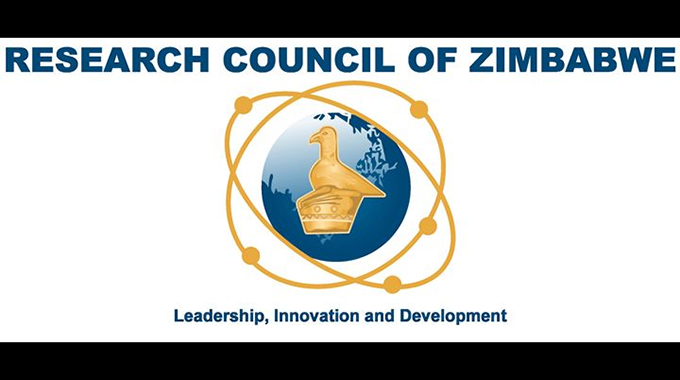Nations to bolster biotech cooperation

Sifelani Tsiko
Agric & Innovations Editor
Zimbabwe, Botswana and Malawi have agreed to undertake collaborative research to bolster their strategic cooperation in agriculture biotechnology and minerals technology.
Under the agreement, the Research Council of Zimbabwe (RCZ) will manage the programme which will be implemented in universities and research institutions in the three countries.
“The Research Council of Zimbabwe continues in its endeavour to execute its mandate, as entrusted by Government, which is to promote, direct, supervise and coordinate research in Zimbabwe, as well as coordinating with partners from other parts of the world in the furtherance of research,” said RCZ executive director, Susan Muzite.
“We are indeed pleased to be engaging in country to country research collaboration with Malawi, a regional counterpart, with whom we have strong historical ties.
“The research collaboration will allow our nations to focus on areas of mutual interest and concern in agriculture biotechnology, an area of great strategic importance especially in light of new emerging technologies. We hope that through this collaborative research effort, our nations will be equipped to boost agricultural productivity, underpinned by the application of science and emerging technologies.”
The collaborations were made possible through support from the International Development Research Centre (IDRC) under a grant to promote research in agriculture biotechnology and mining and minerals technology.
Zimbabwe, Malawi and Botswana are parties to the Science Granting Councils Initiative, (SGCI).
Researchers from the three countries were also expected to collaborate in research in agriculture biotechnology, looking at the fields of either plant biotechnology or animal biotechnology.
Collaboration in research on mining and minerals technology will focus more on value addition and beneficiation which is expected to result in socio-economic benefits to the countries.
“This research collaboration undertaking, no doubt places an emphasis on research on one of the most strategic natural resources that our nations possess — minerals, which are a major foreign currency earner,” said Muzite.
Scientists define biotechnology as any set of techniques that uses living organisms to make goods and services to meet human needs.
Scientists and other stakeholders feel strongly that there was need to clear the path for innovation and ingenuity and unleash the tremendous promise of biotechnology to help solve many of the biggest challenges facing Zimbabwe and other countries in Africa today.
They say biotechnology, despite resistance and fears, had the potential to lead to the development of new drugs and diagnostics for improved human health, higher-yielding food crops, biofuels to reduce dependency on oil and bio-based chemical intermediates.











Comments